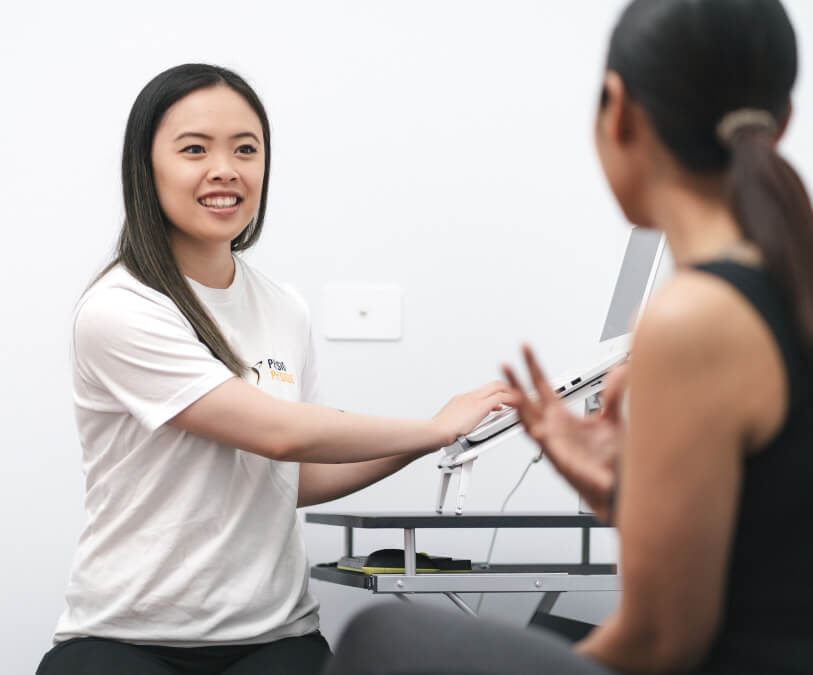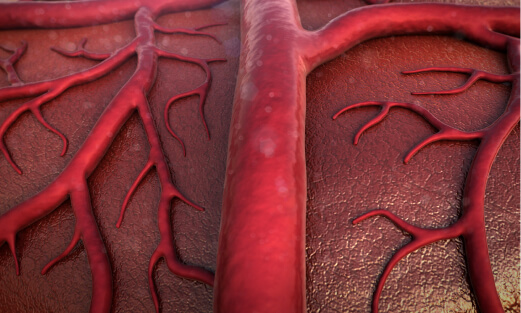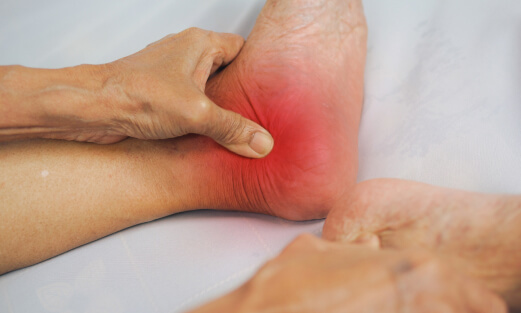Shockwave Therapy Adelaide
Monday
Tuesday-Thursday
Friday
Saturday
Sunday
Supercharge your recovery with shockwave therapy
Shockwave therapy is a non-invasive and effective treatment option for a range of musculoskeletal conditions such as tendonitis, trigger points (knots), tendon/ligament tears and stubborn injuries that just won’t settle. Common conditions can include plantar fasciitis, gluteal tendinopathy, rotator cuff disorders, frozen shoulder, tennis elbow, golfer’s elbow and calcific tendinosis; just to name a few.


What can I expect during a shockwave therapy session?
Following a thorough assessment, the physiotherapist will use shockwave therapy in conjunction with other suitable treatments. Between 2000-4000 shocks are delivered to the required treatment area which can take up to 10 minutes to complete.
There is usually mild discomfort during the treatment, however, the power output can be adjusted to comfortable levels at any time. Most clients require a minimum of 4-6 shockwave therapy sessions to achieve the desired result.
Shockwave therapy delivered by qualified physiotherapists
Get in touch with our friendly team or book online today.
Shockwave therapy aids in:

New blood vessel formation
Blood flow is vital for tissue healing and regeneration of damaged tissue. Other electrotherapies may dilate blood vessels, shockwave therapy creates new ones (neovascularisation) which aids tissue regeneration and healing.

Reverse chronic inflammation
Chronic inflammation occurs when there is a disruption to the inflammatory response. Shockwave therapy stimulates the release of Chemokines and Cytokines which can restore the natural healing process.

Break down calcification
Calcification can build up in tendons following micro-tears and other trauma. Shockwave therapy can break down calcium deposits and allows them to be reabsorbed by the body. This helps restore tendons back to their natural state.
At Physio Physique, we set ourselves apart by:
Using a holistic assessment and treatment approach
We use a comprehensive assessment and treatment approach that combines highly effective manual therapy and personalised exercises specific to your needs.
Designing our services for busy schedules
Our Adelaide clinic is open 7 days a week with extended hours and flexible appointment times suitable for busy people.
Empowering you to reclaim control of your health
We support and encourage clients to self-maintain their health through education as the key to preventing future issues. We teach you to heal yourself.
Helping build sustainable habits for lasting results
We believe that positive and long-lasting results are achieved by introducing realistic goals that you can stick to.
Offering specialised care for NDIS participants
We understand that NDIS participants have a range of specific needs and deliver services that ensure their goals can be met.
Providing a welcoming environment and service
Our staff create a professional yet relaxing atmosphere filled with flourishing plants and welcome clients with coffee or tea.
Frequently Asked Questions
You will require between 4 to 6 separate treatment sessions approximately 1 week apart to complete a course of shockwave therapy. If you are suffering from a chronic condition, you may require up to 8 sessions.
Each shockwave therapy session will last between 5-10 minutes and involves positioning the shockwave therapy handpiece onto the injured area to deliver between 2000-3000 shocks.
Shockwave therapy can treat a wide number of different conditions, including shin splints, epicondylitis (tennis elbow/golfers elbow), plantar fasciitis, heel spurs, Achilles tendonitis, chronic tendinopathy, trigger points, adhesive capsulitis (frozen shoulder), greater trochanteric pain syndrome and many more.